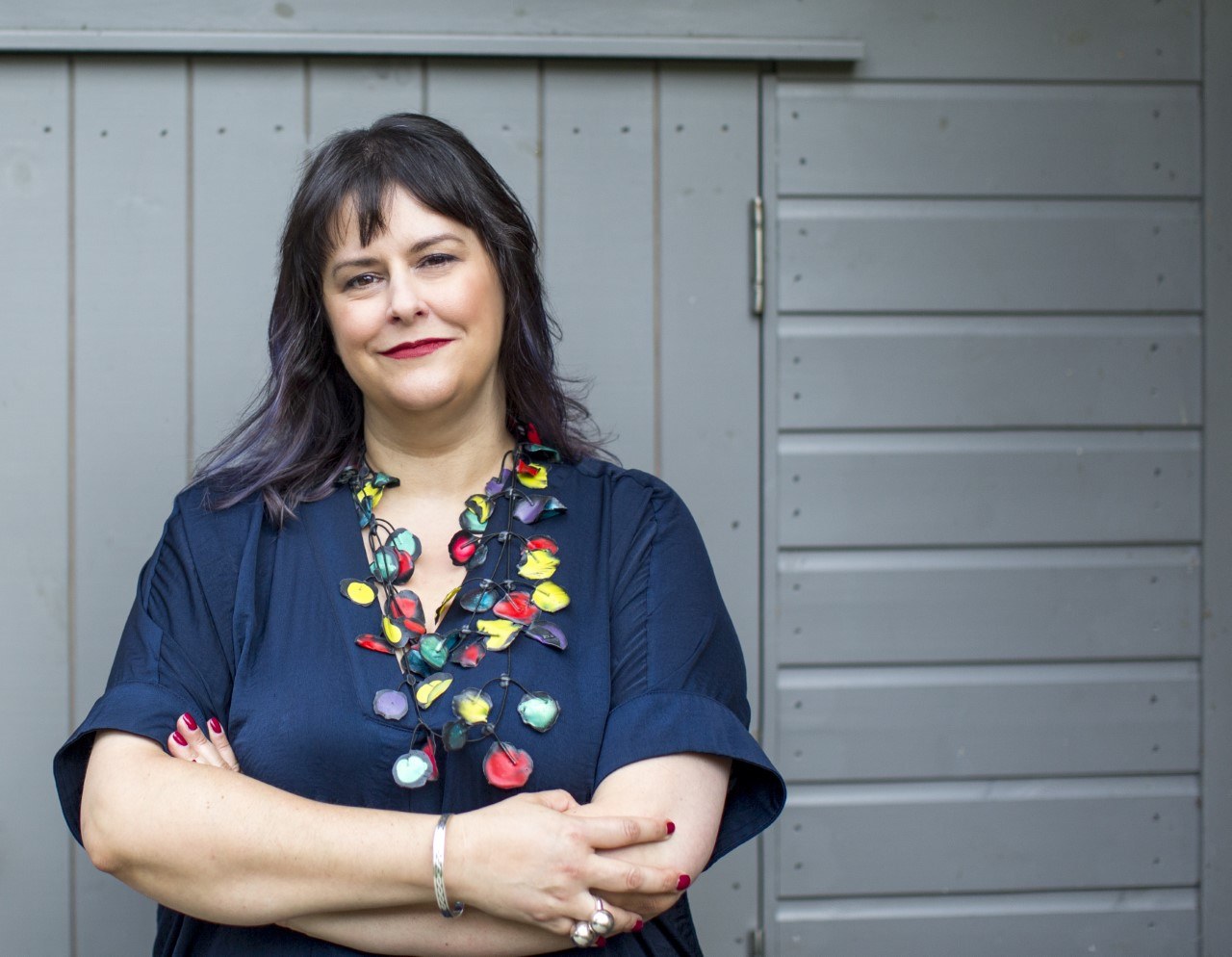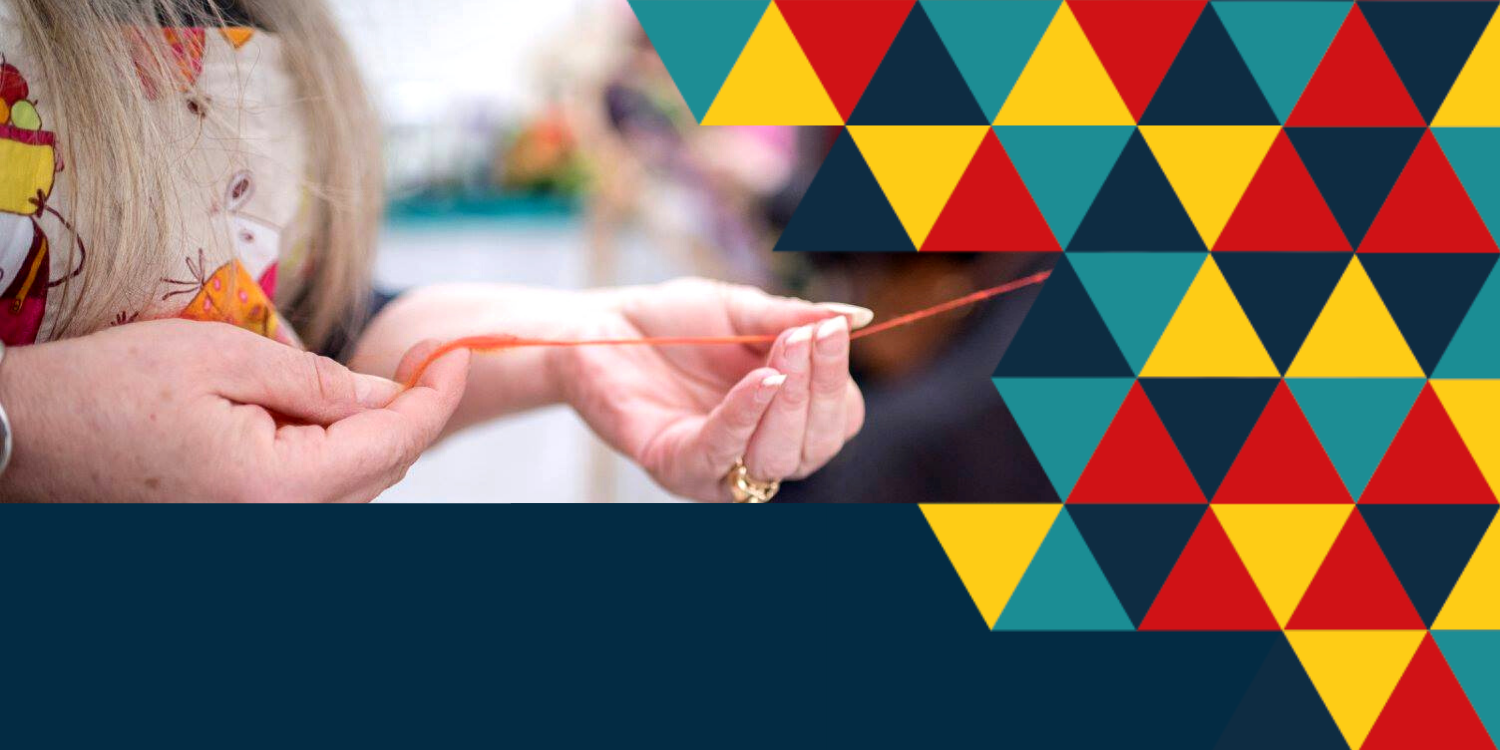Governance’s boring reputation is only sometimes deserved. It is often left in the pile of things it would be nice to have the luxury to discuss. Instead people get by with second-rate, second-hand, recycled governance that a previous board put together because they didn’t have to deal with Austerity, Brexit, Covid, and the rest of the alphabet of changes and challenges which could probably go all the way to Z. To leave governance to previous boards and internet searches is obviously a mistake, but not only because outdated, ineffective governance is in itself a serious problem, but because it miscasts governance in the wrong role in the band. Sure, governance is never going to be the lead guitarist or singer that gets everyone out of their seats at a concert (this conference aside, perhaps), but nor is it a tour chaperone who wants to make sure the band get to bed by 1030 with a mug of Horlicks. In my experience, governance is the drummer.
The first and most obvious connection is that drumming and governance keep people to the beat they agreed they’d play to. Vision and values may be exciting to talk about and display on a website, but it’s good governance that enables them to be effective and move through an organisation. Whether it is a front of stage, high profile project, a behind-the-scenes audit, or the way staff and volunteers are managed, governance keeps the rhythm by which the organisation runs. Having a common understanding of when things are done, how things are done, and why things are done is fundamental to any effective organisation.
The beat of a drummer is also an invitation for others to join in, and this is especially important in place-based work. It is all-too easy for governments and organisations to stage cash bombs, shiny buildings, and stunning projects that are exciting and create headlines. When the money runs out, the buildings change use or close, and the projects come to an end, it is the way the organisation has been governed during that time that will have ensured there is a network of people still around through whom the work will continue. In place-based work especially, governance is effective when it asks who is not in the room, who is being ignored, and who isn’t being safeguarded appropriately? These are the kinds of questions that open who has the right not just to belong to an organisation, but the right to shape the present and future of their own local neighbourhood.
And of course drumming doesn’t mind what you bring to join in with, whether it’s a tuba or tambourine, a tango or a tap dance, or just enjoying it in the background over a coffee. This is fundamental to all governance, but is acutely felt in place-based work. If we have learned anything from being surprised by how our neighbours voted in the Brexit referendum, living through multiple lockdowns, and movements like Black Lives Matter, it is that ‘us’ has been defined by those who enjoy positions of power. The kind of governance that runs through successful place-based work enables people who are profoundly different not only to collaborate on a project, but to create a shared vision for their world that takes account of their difference. It also allows people to see more clearly the power structures they live within, and begin the work of challenging and deconstructing them. This ability of governance to hold together people who are different is the energy that drives the kind of place-based work that lasts.
But at this point we need to down drumsticks. Place-based governance significantly diverges from a drummer in band because communities have had enough of the successful project roadshow. Place after place have been sold tickets to something which, they were promised, would be the answer to all of their supposed problems. Most of these approaches have been well-meaning, but most have failed to deliver meaningful and lasting change. The best kind of governance isn’t represented by the hero drummer on stage but by the coming together of national, regional, and local people and groups to find and begin the kind of rhythm that will create movement that is inclusive, effective, and sustainable. Co-creating and sharing governance makes clear that local change is something that takes longer than the lifespan of a project, is bigger than any one organisation, and isn’t being started from scratch. It enables local, organisational, and personal stories to be told in a way that informs a way to move forward without nostalgia or simplicity, enabling a shared responsibility that itself brings about the kind of complex togetherness that enables lasting change.
Graeme Fancourt
Senior Consultant, Green Park - Written December 2022
We hope you’ll join us at Governance Now: Championing Communities — the flagship conference for culture sector trustees and professionals.
Governance Now takes place from 09.45-18.30 on Wednesday 8 February 2023 at Midlands Arts Centre, Birmingham. Join the conversation and book your ticket now.


